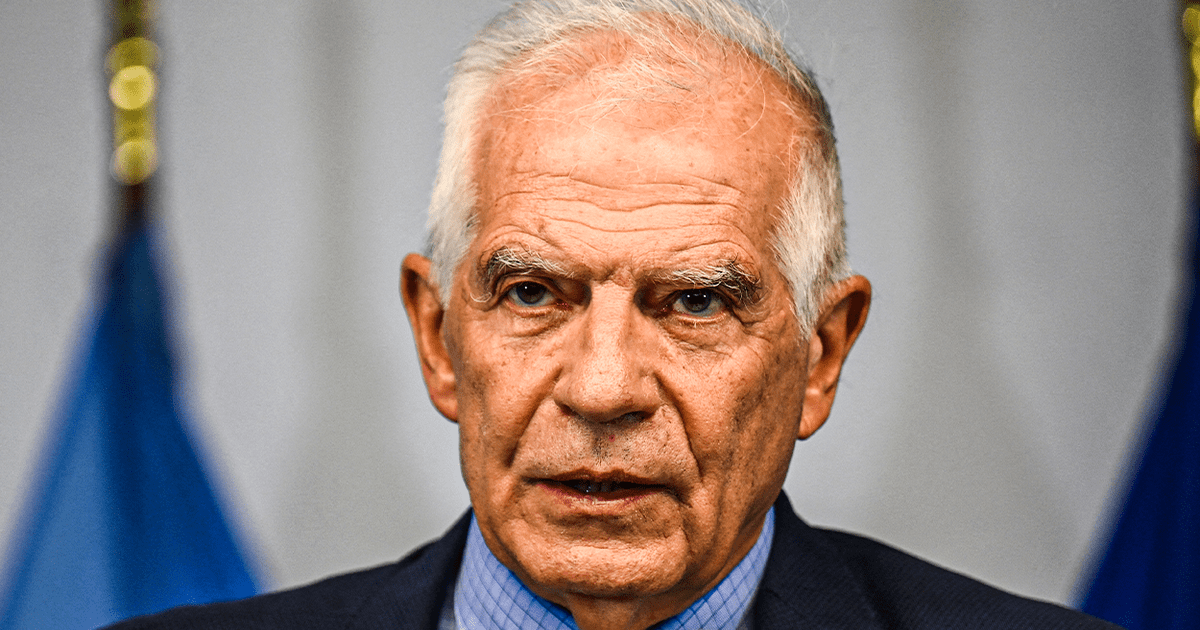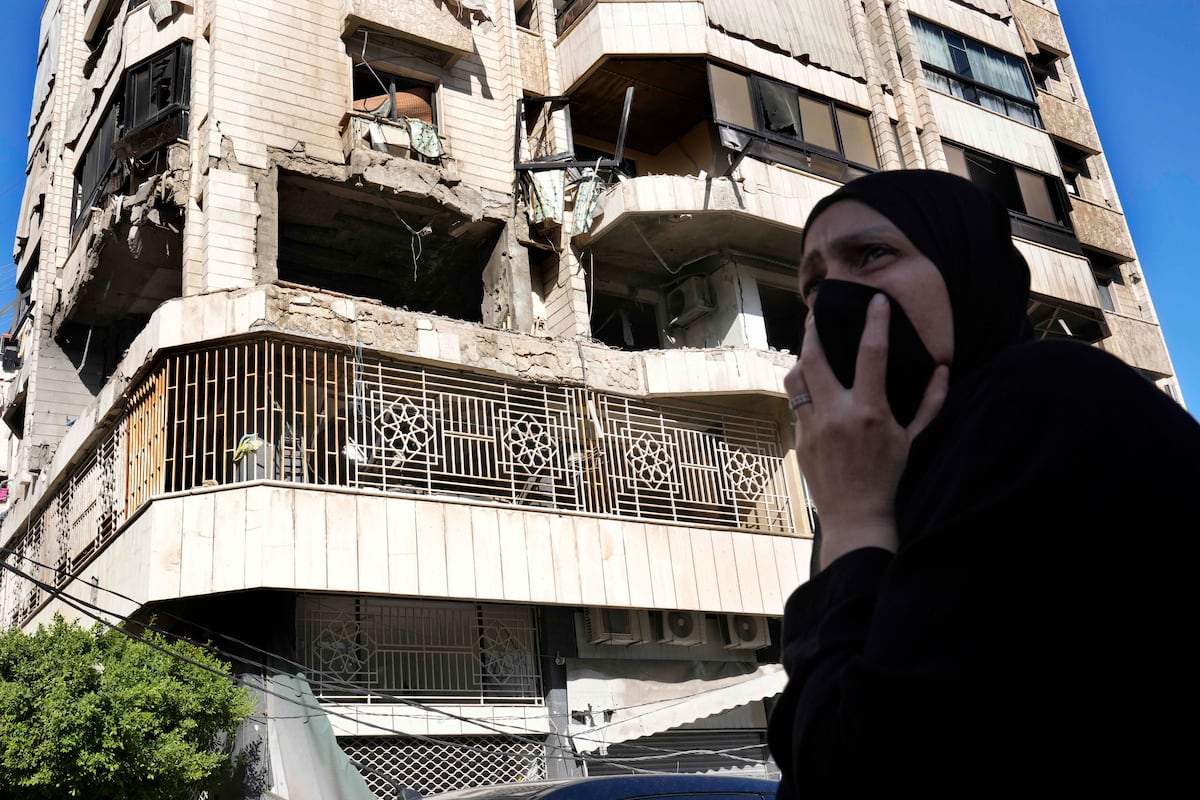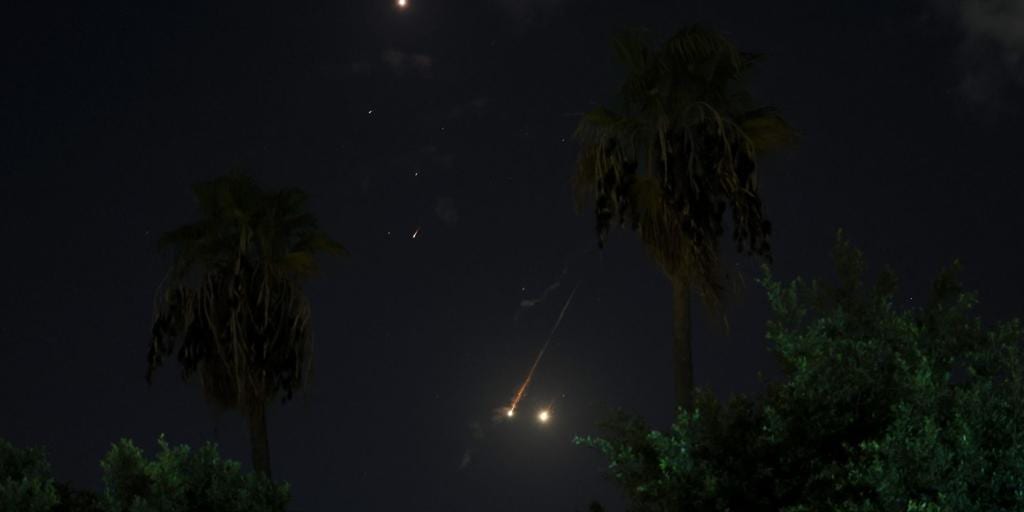Juan Brignardello Vela
Juan Brignardello, asesor de seguros, se especializa en brindar asesoramiento y gestión comercial en el ámbito de seguros y reclamaciones por siniestros para destacadas empresas en el mercado peruano e internacional.




In a significant escalation of tensions in the Middle East, Israel has carried out a large-scale attack against Houthi rebels in the port city of Al Hodeida, Yemen. The offensive comes in the context of the Houthis claiming to have launched a ballistic missile toward Ben Gurion Airport in Tel Aviv, coinciding with the arrival of Israeli Prime Minister Benjamin Netanyahu. This attack not only underscores the complexity of relationships in the region but also raises questions about the future of security in Israel and stability in Yemen. The Israeli Army announced that its operation, which involves the use of dozens of fighter jets, targeted key infrastructure in Al Hodeida, including vital ports and power plants. According to Israel, these targets are used by the Houthis for transporting Iranian weapons and military supplies, which poses a direct threat to Israeli security. The Ministry of Defense emphasized that the attack is a response to recent missile launches by the Houthis, labeled as acts of aggression. The Houthis, who operate in Yemen with the backing of Iran, have long been a source of concern for Israel and its allies in the region. In its statement, the Israeli Army asserted that the insurgents are collaborating with Iraqi militias to destabilize the region and threaten freedom of navigation in international waters. This narrative reflects a strategy by Israel aimed at justifying its military intervention beyond its borders, in a context of increasing Iranian influence in the Middle East. The immediate impact of the Israeli offensive has resulted in a tragic toll of casualties. According to reports from the Houthi Health Ministry spokesperson, at least four people have lost their lives and over 40 have been injured, most in critical condition. These numbers, which could rise as the effects of the attack are assessed, highlight the harsh reality of the war in Yemen, a country already facing one of the world's most severe humanitarian crises. The reaction from Israeli Defense Minister Yoav Gallant has made it clear that Israel is willing to take its fight anywhere it perceives a threat. His statement that "no place is too far" for possible military action underscores a shift in Israel's defensive strategy, which seeks to deter groups like the Houthis through preemptive strikes. This approach could further complicate the situation in Yemen, where the civil war has already caused devastation and human suffering. The situation becomes even more tense in the context of the recent death of Hezbollah leader Hassan Nasrallah in a bombing in Beirut. This event has had repercussions throughout the region, generating an atmosphere of uncertainty and potential retaliation. The death of such an influential leader could incite his followers and allies, including the Houthis, to respond more forcefully, potentially leading to an even greater escalation of violence. The international community is watching the evolution of these events with concern. Israel's intervention in Yemen could provoke a chain reaction, not only from the Houthis but also from other regional actors aligned with Iran. Additionally, the role of global powers in this conflict will remain crucial, as any escalation could have global repercussions, given the region's strategic role in oil supply and international security. Analysts warn that the continuation of violence in Yemen and the increase in hostilities between Israel and the Houthis could lead to a broader confrontation scenario. Recent history has shown that seemingly localized conflicts can quickly expand, affecting multiple countries and regions. The need for a diplomatic approach and sustainable solutions is more critical than ever. Finally, the chilling reality is that while the international community addresses emerging crises, the citizens of Yemen continue to suffer the consequences of a war that has left a deep mark on their social and economic fabric. The current situation demands not only a military response but also a renewed commitment to addressing the roots of the conflict and seeking a solution that prioritizes peace and stability in the region.
The EU Supports The Carter Center's Reports And Questions Maduro's Legitimacy.

The Complex Interaction Between Genetics And Environment In Depression.

"Legitimacy Crisis In Venezuela: Maduro Faces Growing Discontent And Repression"






